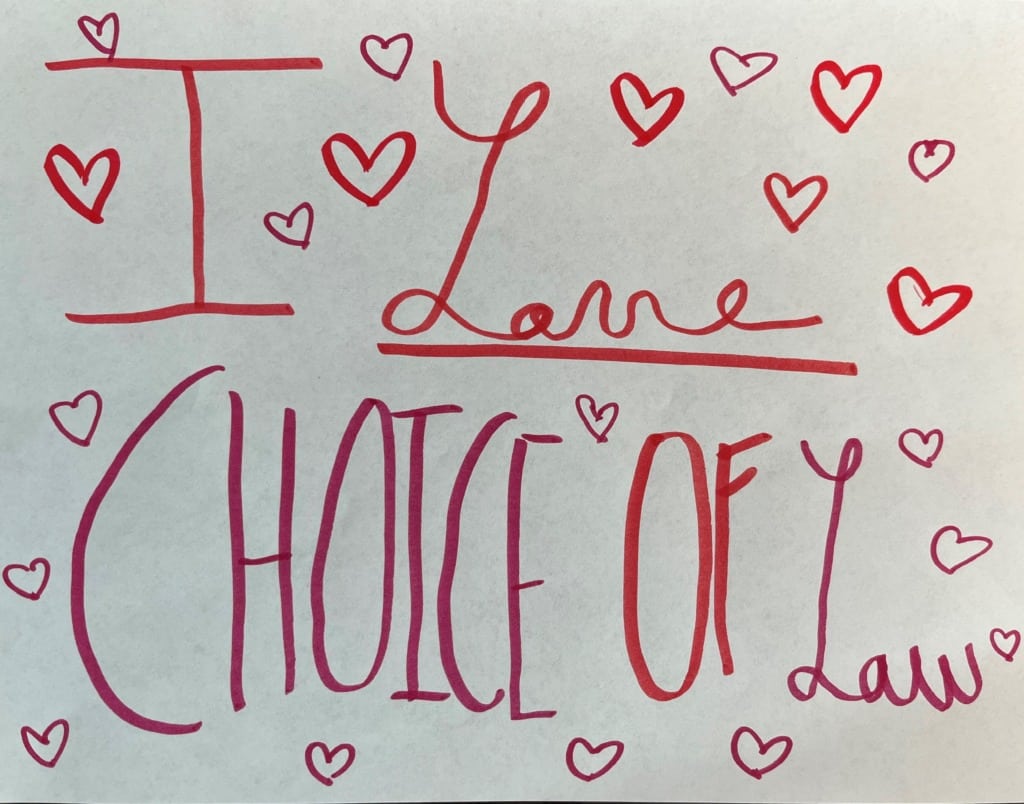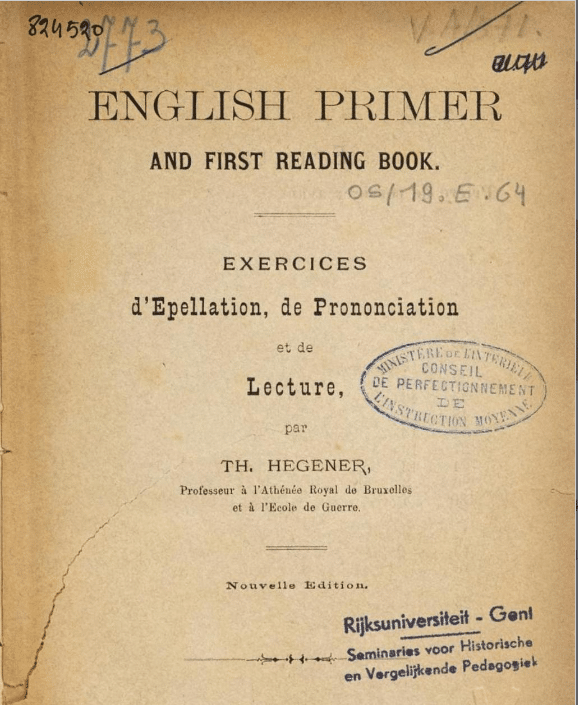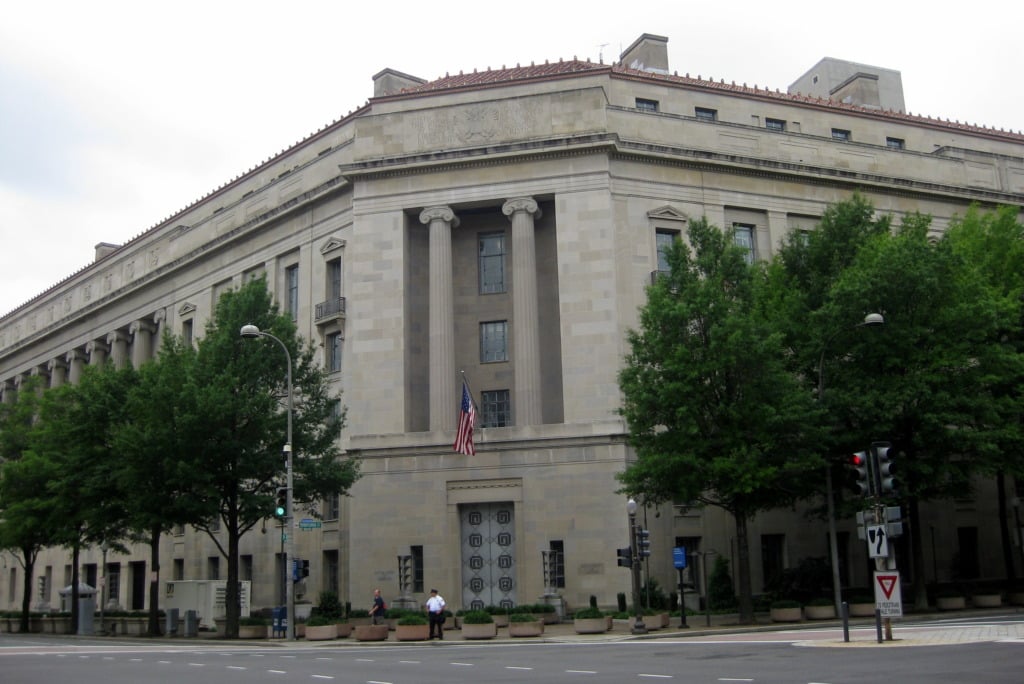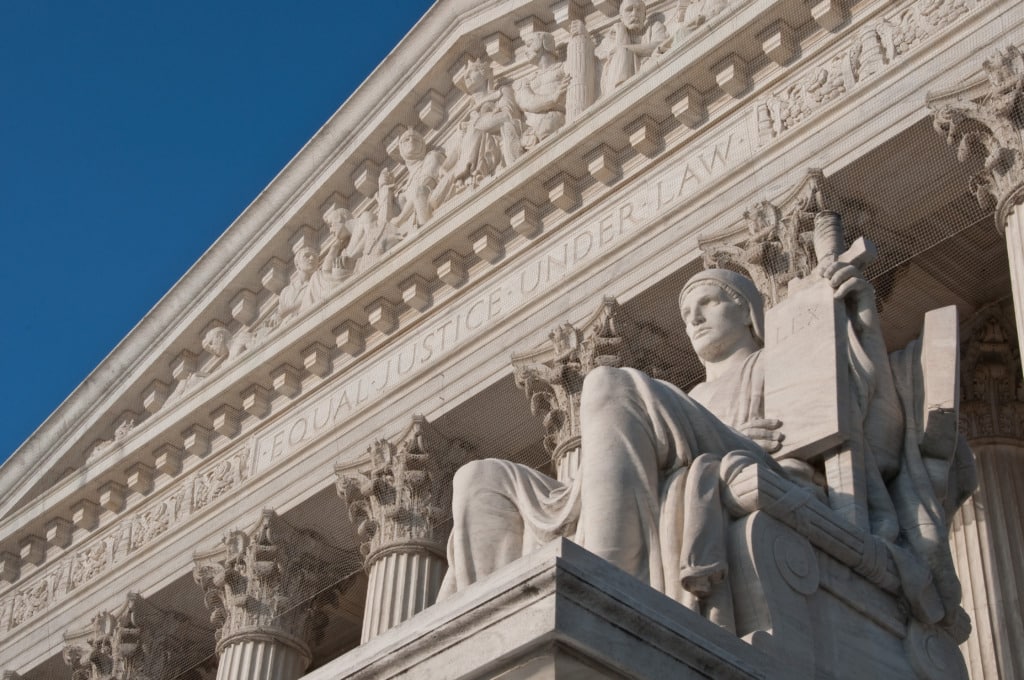Another Court Rejects Chinese Data Privacy Law as a Bar to U.S. Discovery
A second U.S. decision has held that China’s Personal Information Protection Law (PIPL) did not bar a U.S. discovery request because of an exception in the law for statutory obligations. As previously reported on TLB, a federal court in California held last year that the PIPL’s exception for transfers “necessary to fulfill statutory duties and responsibilities or…
Continue ReadingA Primer on Transnational Discovery
[Updated September 1, 2025] Discovery is a formal process in which each party gathers information relevant to its case. Transnational discovery may be necessary to obtain information located abroad for use in U.S. courts or to obtain information located in the United States for use in foreign courts. As a general matter, courts may order…
Continue ReadingChoice of Law in the American Courts in 2022
The thirty-sixth annual survey on choice of law in the American courts is now available on SSRN. The survey covers significant cases decided in 2022 on choice of law, party autonomy, extraterritoriality, international human rights, foreign sovereign immunity, foreign official immunity, the act of state doctrine, adjudicative jurisdiction, and the recognition and enforcement of foreign…
Continue ReadingCourt Holds that Chinese Investor May Try to Enforce Arbitral Award Against Nigeria
Over the past two decades, China has invested heavily in Africa. A recent study found that between 2001 and 2018, China invested $41 billion in African countries and loaned an additional $126 billion. Some of these investments generated disputes, and some of those disputes are finding their way to U.S. courts. In a recent decision,…
Continue ReadingD.C. Circuit Holds that Whistleblower Provision Does Not Apply Extraterritorially
In Garvey v. Administrative Review Board, the D.C. Circuit held that a whistleblower provision in the Sarbanes-Oxley Act did not apply to alleged retaliation against an employee in Hong Kong by a subsidiary of a U.S. investment bank. The opinion carefully applies the Supreme Court’s two-step framework for the presumption against extraterritoriality to the whistleblower…
Continue ReadingA Primer on Service of Process
Serving process on a defendant does two things: (1) it asserts the court’s authority over the defendant; and (2) it provides the defendant with notice of the lawsuit. In the United States, process can be served by private parties. But many foreign states regard service as a public act that can be done only by…
Continue ReadingIs Buying Fighter Jets a Commercial Activity?
The Foreign Sovereign Immunities Act (FSIA) allows actions against foreign states to be brought in U.S. courts based on their commercial activities. In Republic of Argentina v. Weltover (1992), the Supreme Court held “that when a foreign government acts, not as regulator of a market, but in the manner of a private player within it,…
Continue ReadingExecutive Control Versus “Deference” in Halkbank
On January 17, the Supreme Court heard oral argument in Turkiye Halk Bankasi A.S. v. United States(Halkbank) on whether the Foreign Sovereign Immunities Act (FSIA) applies to criminal prosecutions. One argument advanced by the government in Halkbank (and other immunity cases) is that the executive branch has absolute control over immunity determinations not governed by…
Continue ReadingA Primer on Judicial Assistance Treaties
[This post is one in a series of primers on various topics in transnational litigation. More primers can be found on our topic pages, accessible by clicking Topics at the top of the page.] In transnational litigation it will often be necessary to do something within the territory of another state, such as serve process,…
Continue ReadingSupreme Court Grants Cert to Resolve Split Over Extraterritoriality of Civil RICO
Earlier today, the Supreme Court granted cert in Yegiazaryan v. Smagin and CMB Monaco v. Smagin and consolidated the cases for oral argument. The question in both cases is how RICO’s private right of action applies to intangible property, in this case a California judgment confirming a foreign arbitral award. As I previously noted on…
Continue Reading







